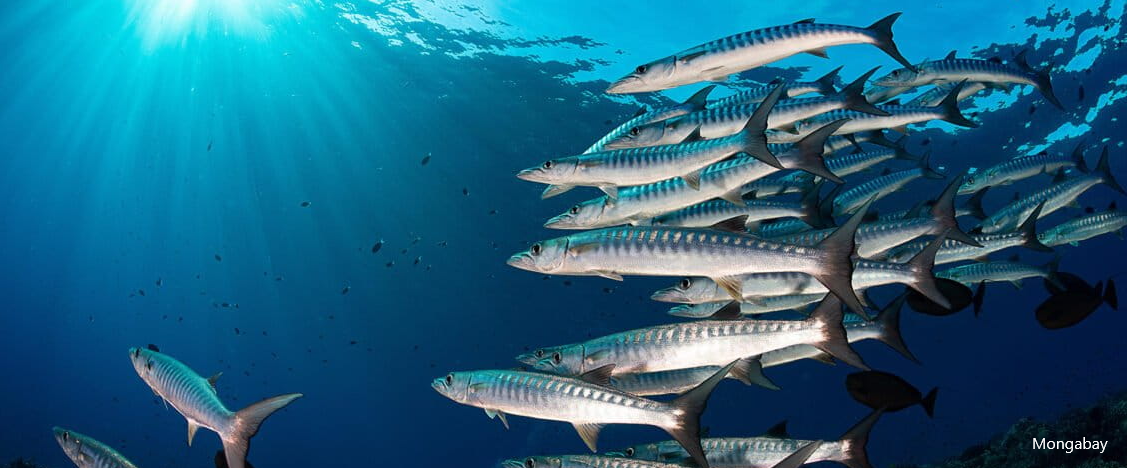
Fish and other marine organisms, though deeply affected by human activities, don’t respect human borders. The ranges of many commercially important species in fact straddle the borders of countries’ exclusive economic zones (EEZs) and international waters, known as the high seas. This arrangement, which makes fisheries management difficult, is set to get even more complicated as climate change continues to heat up the ocean, a new study says.
The study, published July 30 in the journal Science Advances, found that more than half of the world’s straddling stocks will shift across the maritime borders between EEZs and the high seas by 2050. Most of these shifts will be into the high seas, where fisheries management is much more challenging and stocks are more likely to be overexploited.














